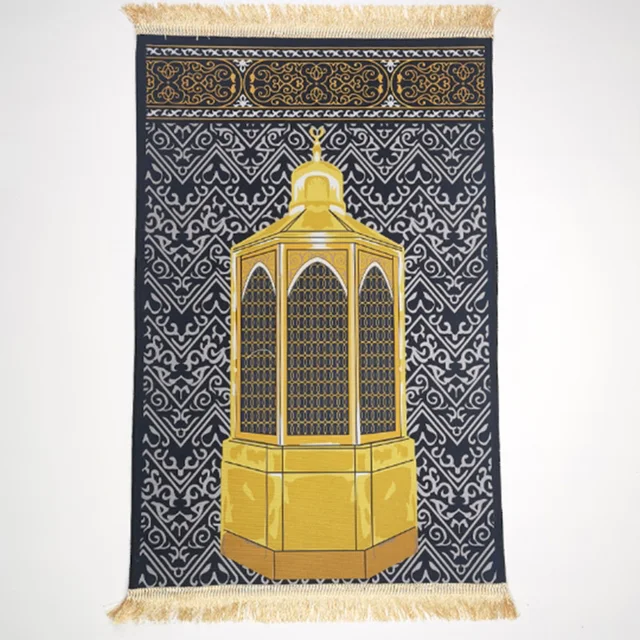In the name of Allah, the Most Gracious, the Most Merciful. Peace and blessings be upon our beloved Prophet Muhammad ﷺ, his family, and his companions. In addition to being the Messenger of Allah, our Prophet Muhammad ﷺ was also a healer, offering remedies that continue to inspire and guide us through his teachings and practices. This article delves into the examples of medicines prescribed by the Prophet ﷺ for various illnesses, exploring their mechanisms, applications, and real-life case examples.
Introduction: The Prophetic traditions (Hadith) contain invaluable insights into the healing properties of various natural substances, plants, and practices. These Prophetic medicines are rooted in the deep wisdom of the Sunnah, and they continue to resonate with the principles of holistic health and well-being.
1. Honey: A Sweet Nectar of Healing One of the most celebrated Prophetic medicines is honey. The Prophet ﷺ said, “Make use of the two remedies: honey and the Quran.” Honey is praised for its antibacterial properties, immune-boosting benefits, and wound-healing capabilities. It serves as a natural remedy for coughs, sore throats, and gastrointestinal discomfort. To use, mix a spoonful of honey with warm water, herbal teas, or consume it directly.
Case Example: A companion of the Prophet ﷺ, Abu Sa’id Al-Khudri, used honey to cure a man who had been bitten by a snake. The man fully recovered from the venomous bite after consuming honey prescribed by the Prophet ﷺ.
2. Black Seed (Nigella Sativa): The Blessed Seed Black seed, also known as “habbatus sauda,” holds a revered status in Prophetic medicine. The Prophet ﷺ stated, “In the black seed, there is healing for every disease except death.” Rich in antioxidants and compounds with anti-inflammatory properties, black seed is considered beneficial for various ailments, including respiratory issues, allergies, and digestive disorders. It can be ingested as whole seeds, oil, or incorporated into herbal preparations.
Case Example: During his lifetime, the Prophet ﷺ recommended black seed oil for ailments such as headaches and joint pain. Many centuries later, modern research has highlighted its potential for managing chronic conditions like asthma and diabetes.
3. Dates: A Fruit of Nourishment Dates are a staple in Islamic tradition, often referred to as “the fruit of paradise.” The Prophet ﷺ recommended dates as a natural source of energy and nutrition, especially during fasting. Dates are rich in essential nutrients and provide a slow release of energy, making them an ideal food for suhoor (pre-dawn meal) and iftar (breaking the fast).
Case Example: The Prophet ﷺ encouraged a pregnant woman to consume dates during labor. Dates provided her with sustenance and strength during this physically demanding period.
4. Zamzam Water: A Blessed Elixir Zamzam water holds a special place in the hearts of Muslims. The Prophet ﷺ described it as a blessed and nourishing drink. Although not a conventional medicine, Zamzam water is believed to have spiritual and health benefits. It contains essential minerals and is known for its purity. Consuming Zamzam water with the intention of seeking Allah’s blessings is a practice deeply rooted in the Sunnah.
Case Example: Throughout history, countless Muslims have sought the blessings of Zamzam water during times of illness. While the scientific benefits of Zamzam water are not extensively studied, its spiritual significance provides solace and hope to believers.
5. Olive Oil: A Gift from Nature Olive oil is renowned for its nutritional value and potential health benefits. The Prophet ﷺ spoke highly of olive oil, stating that it is beneficial for both consumption and external application. Rich in monounsaturated fats and antioxidants, olive oil supports heart health, reduces inflammation, and promotes skin nourishment.
Case Example: The Prophet ﷺ recommended using olive oil for massaging the body, particularly the joints. The application of olive oil was believed to alleviate discomfort and promote relaxation.
The guidance of the Prophet Muhammad ﷺ extends far beyond the realms of spirituality; it encompasses all aspects of life, including health and well-being. These examples of Prophetic medicines are a testament to the holistic wisdom embedded in the Sunnah. By embracing these remedies, we honor the teachings of our Prophet ﷺ and tap into the natural blessings Allah has provided for our healing. It is crucial to remember that while these remedies have historical and spiritual significance, seeking medical advice and professional care remains essential for serious illnesses. May we continue to draw inspiration from the Prophetic teachings, seeking healing through the divine knowledge bestowed upon us.































